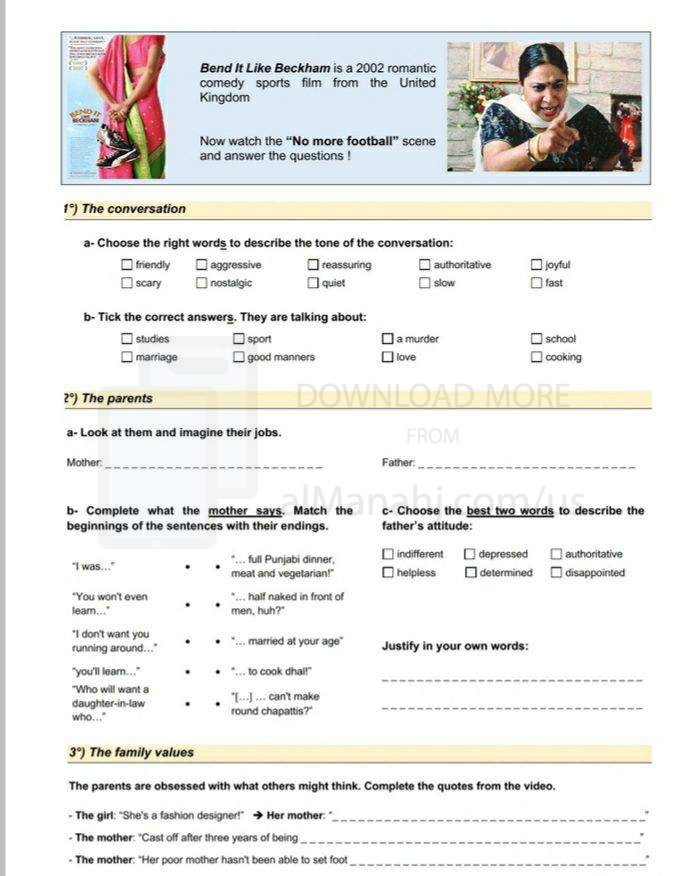| File info: Oral comprehension is the ability to understand spoken language. It involves the ability to listen to words and phrases and understand their meaning. Oral comprehension is important for effective communication in all areas of life, including education, work, and social life.
There are many factors that affect oral comprehension, including:
Vocabulary knowledge: The more words a person knows, the better they will be able to understand spoken language.
Grammar knowledge: A basic understanding of grammar helps people to make sense of the order of words in a sentence.
Listening skills: The ability to listen attentively and focus on the speaker is essential for oral comprehension.
Background knowledge: People who have a good understanding of the world around them will be better able to understand new information that they hear.
Prior knowledge of the topic: If a person already knows something about the topic that is being discussed, they will be better able to understand it when they hear it spoken.
Oral comprehension can be improved through practice and training. There are many activities that can help to improve oral comprehension, such as:
Listening to stories: Listening to stories helps children to develop their vocabulary and understanding of grammar.
Watching educational videos: Educational videos can help people to learn new information and improve their listening skills.
Taking part in conversations: Talking to people is a great way to practice listening and responding to spoken language.
Playing listening games: There are many listening games that can help to improve concentration and focus.
Good oral comprehension skills can open up many opportunities for people. They can help people to succeed in school, work, and social life. They can also help people to communicate with people from all cultures. |
